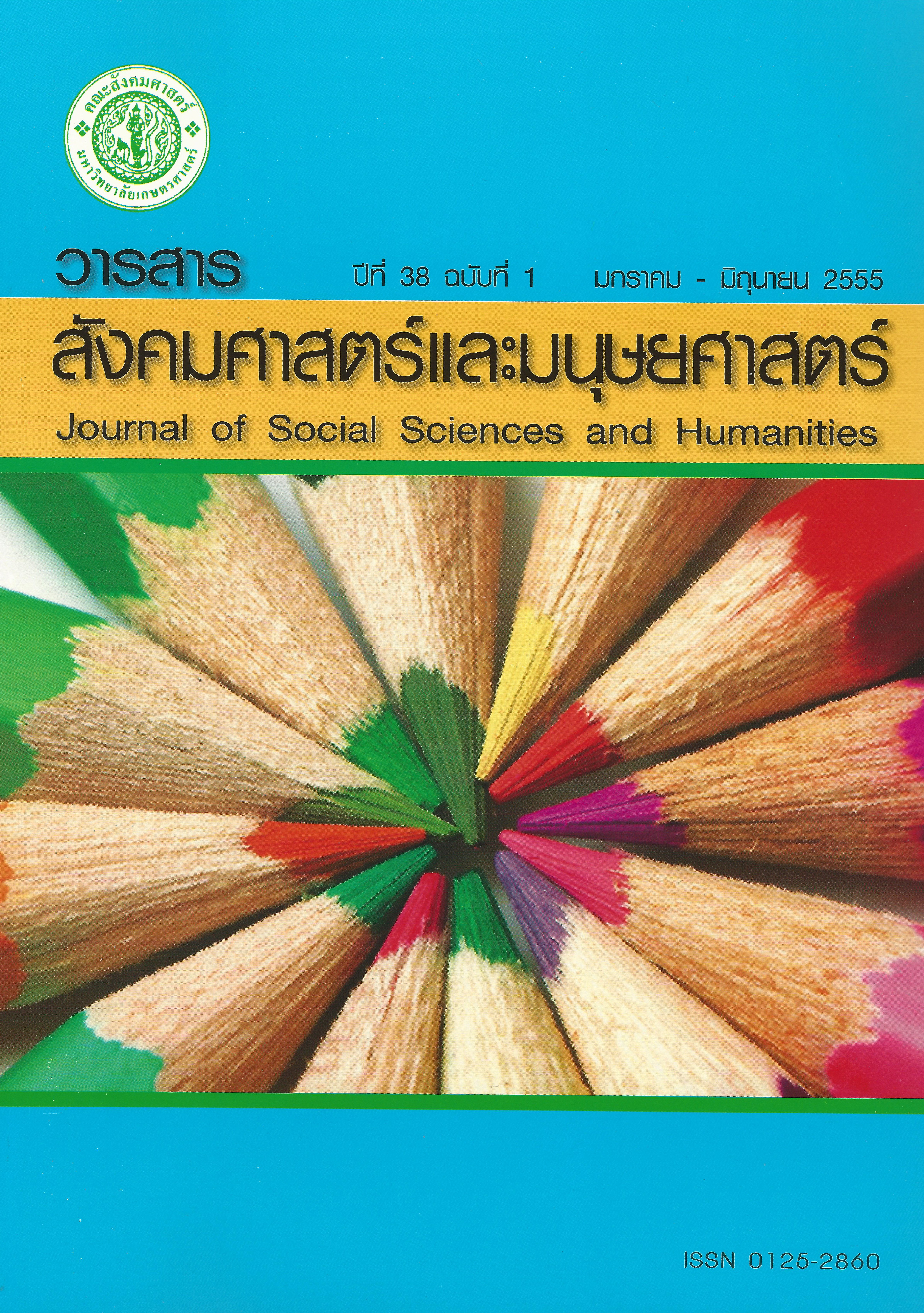ปัจจัยส่วนบุคคล บุคลิกภาพห้าองค์ประกอบ การรับรู้การสนับสนุนขององค์การกับพฤติกรรมการเป็นสมาชิกที่ดีขององค์การของข้าราชการในสำนักงานปลัดกระทรวงมหาดไทย
Main Article Content
บทคัดย่อ
Personal Factors, Five Factor Model of Personality, Perceived Organizational Support, and Organizational Citizenship Behavior of Officials in the Office of the Permanent Secretary for Interior
The objectives of this research were, first, to study the level of Five Factor Model of Personality, level of perceived organizational support, and level of organizational citizenship behavior of officials in the Office of the Permanent Secretary for Interior. Second, it compared the level of organizational citizenship behavior of officials in the Office of the Permanent Secretary for Interior according to their personal factors. Third, it identified the predicting variables of organizational citizenship behavior of officials in the Office of the Permanent Secretary for Interior (personal factors, Five Factor Model of Personality, and perceived organizational support). Samples consisted of 254 officials in the Office of the Permanent Secretary for Interior. Data were collected by questionnaires and analyzed by computer program application. Statistics used were the percentages, the mean, the standard deviation, the t-test, the analysis of variance, and the multiple regression. The results indicated that the Five Factor Model of Personality among the officials in the office of the Permanent Secretary for Interior was at 'low' level in one dimension (neuroticism), 'medium' level in one dimension (extraversion) and 'high' level in three dimensions (openness to experience, agreeableness and conscientiousness), çmediumé level in perceived organizational support and 'high' level in overall and all five dimensions in organizational citizenship behavior (altruism, courtesy, sportsmanship, civic virtue and conscientiousness). Secondly, the differences in age and income led to significantly different organizational citizenship behavior among the officials. However, the differences in sex, level of education, and years of work did not lead to significantly different organizational citizenship behavior. Thirdly, personal factors (level of education and years of work), all Five Factor Model of Personality (neuroticism, extraversion, openness to experience, agreeableness and conscientiousness) and perceived organizational support could altogether predict 50.9% of organizational citizenship behavior.


